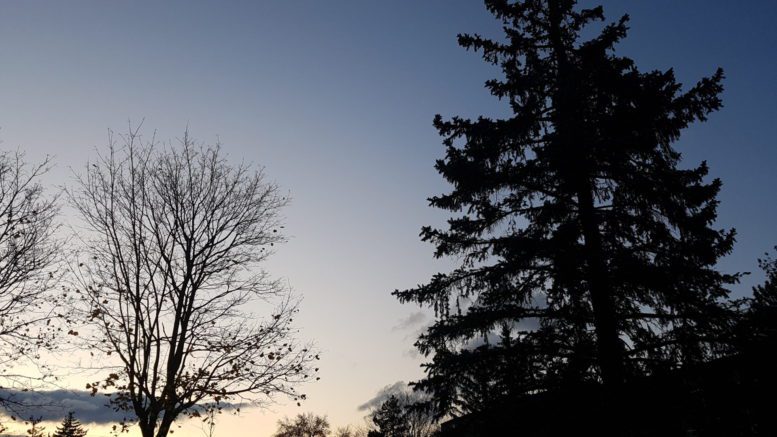Many in the world are anxious at the looming threat of climate change, but is climate change already affecting the city of Toronto? Some experts say yes.
One way climate change affects Toronto is the snow-to-rain ratio, according to William Gough, climatology professor at the University of Toronto.
“We’re [having] a rainier winter in Toronto than we did in the past,” Gough says. “It was definitely snow dominant in previous decades. In the recent couple of decades…there’s more rain in a given month than snow.”
Gough says another effect of climate change is that outdoor hockey rinks struggle to stay open as long as they used to.
Toronto has also been seeing more heatwaves. To combat the heat, Torontonians look to air conditioning.
“That has placed a greater energy demand on Toronto… one shift we’ve seen is a reduction in the energy demands in the winter, and an increase in energy demands in the summer,” Gough says.
Although it may be easy to blame climate change for a specific heatwave, it’s better to examine trends in weather.
“A particular event cannot in and of itself be attributed to climate change,” Gough says. “If we have an intense storm, or we have an intense heatwave, it may be consistent with the overall framework of climate change, but you can’t do a direct attribution… there have always been extremes.”
However, climate change does affect extremes overall. “The record-breaking cold [temperatures] is largely in the past, and the record-breaking warm has been shifted towards more recent years,” says Gough.
According to Sean Thomas, a research professor of forests and environmental change at the University of Toronto, Toronto’s plant hardiness zone has changed from a 6a to a 7a. Plant hardiness is a system designed to indicate what plant species and crops can grow in an area.
As for the future, Thomas says certain tree species in southern Ontario are predicted to experience “severe” declines under climate change including: paper birch, yellow birch, red pine, eastern hemlock, white spruce and black spruce.
Thomas says that the spotted lanternfly “is likely to come here from the south and would also be aided by a climate change.” The spotted lanternfly is an insect that poses severe risk to fruit trees, and can also negatively affect native hardwood trees.
On Tuesday, more than 11,000 scientists from around the world declared that earth is facing a climate emergency. Read the scientists’ statement.
On Sept. 27, Torontonians held a massive climate change rally at Queen’s Park.

